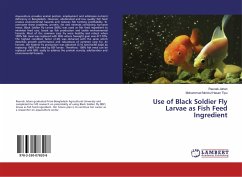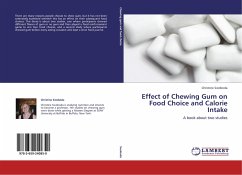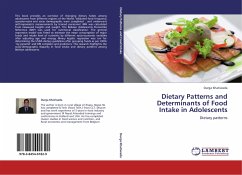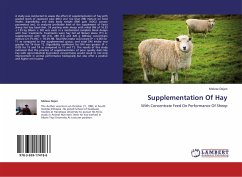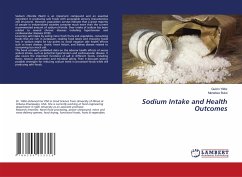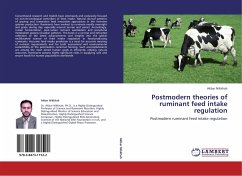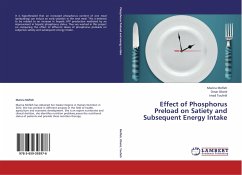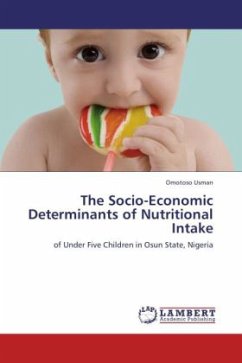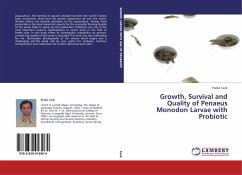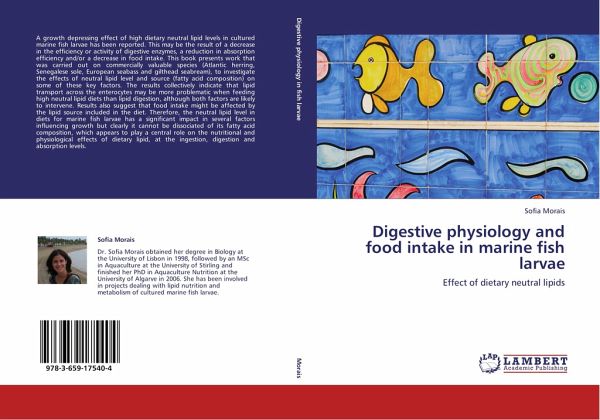
Digestive physiology and food intake in marine fish larvae
Effect of dietary neutral lipids
Versandkostenfrei!
Versandfertig in 6-10 Tagen
52,99 €
inkl. MwSt.

PAYBACK Punkte
26 °P sammeln!
A growth depressing effect of high dietary neutral lipid levels in cultured marine fish larvae has been reported. This may be the result of a decrease in the efficiency or activity of digestive enzymes, a reduction in absorption efficiency and/or a decrease in food intake. This book presents work that was carried out on commercially valuable species (Atlantic herring, Senegalese sole, European seabass and gilthead seabream), to investigate the effects of neutral lipid level and source (fatty acid composition) on some of these key factors. The results collectively indicate that lipid transport ...
A growth depressing effect of high dietary neutral lipid levels in cultured marine fish larvae has been reported. This may be the result of a decrease in the efficiency or activity of digestive enzymes, a reduction in absorption efficiency and/or a decrease in food intake. This book presents work that was carried out on commercially valuable species (Atlantic herring, Senegalese sole, European seabass and gilthead seabream), to investigate the effects of neutral lipid level and source (fatty acid composition) on some of these key factors. The results collectively indicate that lipid transport across the enterocytes may be more problematic when feeding high neutral lipid diets than lipid digestion, although both factors are likely to intervene. Results also suggest that food intake might be affected by the lipid source included in the diet. Therefore, the neutral lipid level in diets for marine fish larvae has a significant impact in several factors influencing growth but clearly it cannot be dissociated of its fatty acid composition, which appears to play a central role on the nutritional and physiological effects of dietary lipid, at the ingestion, digestion and absorption levels.



